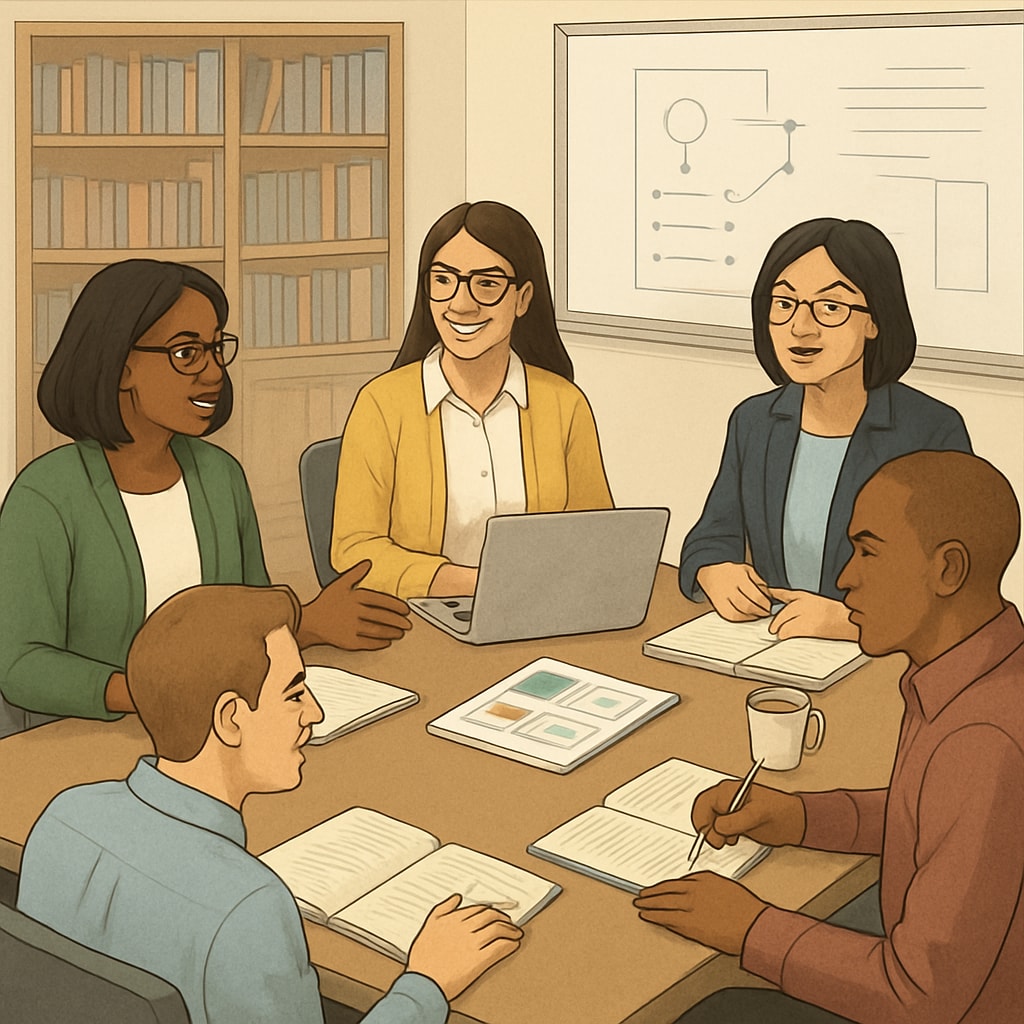When tackling challenges in K-12 education, leveraging the expertise of University of California (UC) employees can provide invaluable solutions. The UC system, renowned for its research and innovation, offers a wealth of resources that K-12 educators can tap into to solve pressing problems, improve teaching methods, and achieve better student outcomes. By fostering collaboration between K-12 teachers and UC experts, educators can drive significant improvements in classroom practices and student performance.
How UC Employees Can Support K-12 Educators
University of California employees encompass a diverse range of professionals, including researchers, faculty members, and education specialists. Their expertise spans various fields such as curriculum design, STEM education, social-emotional learning, and educational technology. By consulting UC employees, K-12 educators can access cutting-edge research findings, innovative teaching strategies, and tailored guidance to address specific classroom challenges.
For example, UC researchers specializing in early childhood education can provide insights on how to create age-appropriate learning environments. Additionally, educational technologists within the UC system can recommend tools and platforms that enhance student engagement in the digital age. Such collaborations bridge the gap between theoretical research and practical classroom application, ensuring that K-12 educators stay at the forefront of educational innovation.

Building Effective Consultation Relationships
Establishing a successful partnership with UC employees requires a structured approach. Here are some practical tips for K-12 educators looking to initiate and maintain effective consultation relationships:
- Identify specific needs: Clearly define the challenges you aim to address, whether they relate to curriculum enhancement, student engagement, or teacher training.
- Research UC resources: Explore UC websites, research centers, and faculty directories to find experts whose work aligns with your goals.
- Initiate contact: Reach out to UC employees via email or professional networks, providing a concise overview of your objectives and how their expertise could contribute.
- Establish clear goals: Outline the desired outcomes of the collaboration and set realistic timelines and expectations.
- Foster open communication: Maintain regular communication to exchange feedback, share progress, and adapt strategies as needed.
By following these steps, K-12 educators can build productive relationships with UC experts, ensuring that their collaborations yield tangible benefits for students and teachers alike.
The Broader Impact of UC-K-12 Collaboration
The collaboration between UC employees and K-12 educators has far-reaching implications. Beyond addressing immediate classroom challenges, these partnerships contribute to a broader culture of continuous improvement and innovation in education. For instance:
- Promoting equity: UC experts can help design programs that address the needs of underserved student populations, reducing achievement gaps.
- Enhancing teacher development: Professional development workshops led by UC faculty can equip teachers with new skills and perspectives.
- Fostering lifelong learning: By engaging with higher education institutions, K-12 educators inspire students to pursue advanced studies and embrace lifelong learning.
In addition, these collaborations create a ripple effect, as successful strategies and programs can be shared across schools and districts, amplifying their impact. The partnership between K-12 educators and UC employees not only benefits individual classrooms but also contributes to systemic improvements in education.

Readability guidance: This article maintains short paragraphs and uses lists to summarize key points efficiently. Active voice and transitional phrases ensure smooth readability, while the content focuses on practical, actionable insights for educators.


